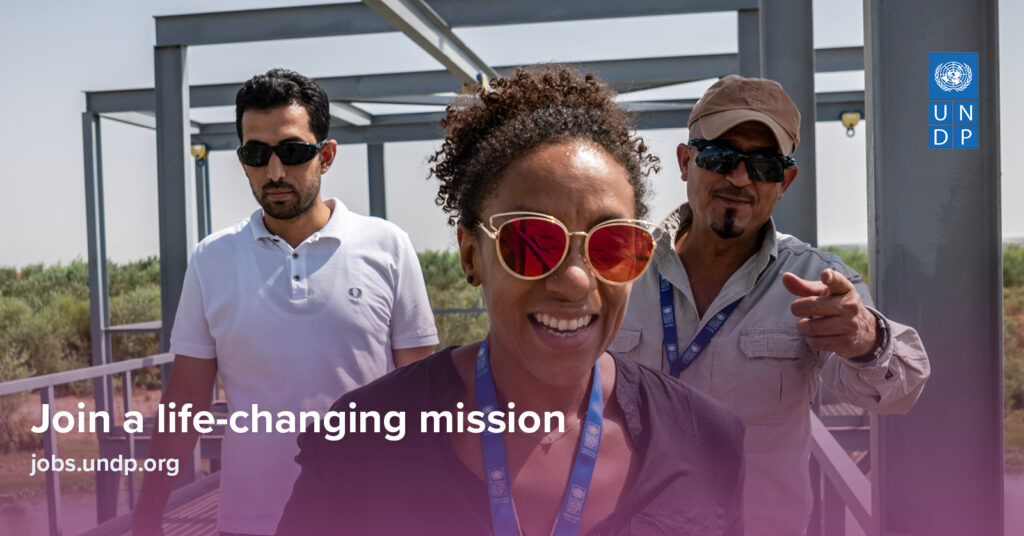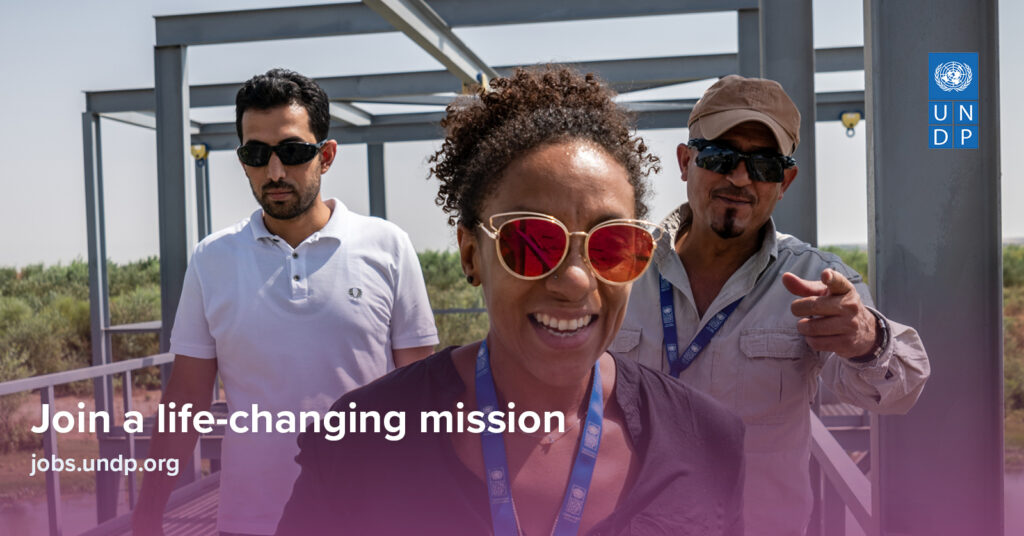Quantitative Research Intern – Istanbul
Background The Istanbul International Center for Private Sector in Development (ICPSD) offers a selected group of outstanding graduate-level students the opportunity to acquire direct exposure to ICPSD’s work as a center of excellence for private sector in development. The internship is designed to support ICPSD’s applied research and policy advisory services and to complement the interns’ practical experience in various issues related to private sector engagement, skills generation, private sector resilience, impact investing, and other topics of international development. The Programme operates under the rules and regulations of the UNDP Internship Policy. UNDP ICPSD leads UNDP’s private sector strategy, mobilizing the private sector to engage in development. ICPSD convenes stakeholders from public and private industry, as well as foundations to facilitate knowledge sharing and partnerships, catalyses private sector actors for developing products and initiatives for SDG implementation, and provides support to raise capital through innovative financing models such as blended finance. With the goal of leaving no one behind and building the resilience of a wider category of businesses in disaster-prone, climate vulnerable, conflict-affected, crisis-stricken and fragile countries, states, cities, and communities, ICPSD will complement the work of the UNDP-OCHA Connecting Business Initiative and other global initiatives working with business networks through service offers aimed at engaging, supporting and capacitating various other types of private sector actors (e.g. MSMEs) at multiple levels of engagement and building the resilience of their strategic areas of concentration. These offers will be provided by the ICPSD Resilience and Crisis Response team, which will focus its work on thematic areas such as risk-informed development, disaster early warning and preparedness, climate resilience, and resilient recovery. Duties and Responsibilities Provide quantitative analysis and data management support, including data collection, data cleaning, processing, and performing statistical and econometric analysis; Develop and maintain databases, ensuring data integrity, accuracy, and accessibility for analysis and reporting; Support the design and administration of surveys, ensuring robust data collection and quality assurance, and alignment with program objectives; Support the evaluation of program impacts using quantitative methods, including econometric modelling, and performing econometric analysis; Prepare relevant communications materials (speeches, brochures, success stories, social media materials etc.); Competencies Excellent IT skills and quantitative analysis skills, including proficiency in data visualization tools (e.g., Tableau, PowerBI); Strong research, writing, and analytical skills, with a demonstrated ability to interpret and communicate complex data clearly; Excellent interpersonal skills: being able to listen and collaborate with a wide range of players, being able to work independently, being pro-active and taking initiative; Personal Competencies: Sensitivity to cultural, gender, religion, race, nationality and age differences; Required Skills and Experience Education: Applicants must at the time of application meet at least one of the following requirements: Have graduated with a university degree in in fields such as economics, econometrics, statistics, data science, finance, business, development, international relations, law, public administration or similar at least one year ago. Required experience: Solid experience in academic writing, research and quantitative analysis. Experience with data analysis or statistical software: Excel, SPSS, R, Python or similar platforms. Demonstrated knowledge in the work of the UN, and of UNDP in particular, and have a personal commitment to UNDP’s Statement of Purpose and to the ideals of the UN Charter. Language: Financial Renumeration Interns will be given a stipend according to the UNDP Internship Policies, if they are not financially supported by any institution or programme, such as a university, government, foundation or scholarship programme. The monthly amount of the stipend will be determined for each duty station based on the stipend rates published yearly by the OHR Policy and Compensation Unit. The stipend will be paid on a monthly basis and part-time internship arrangements are prorated accordingly. Application Procedure The application should contain: The Candidate who is selected will be required to submit the following documents: UNDP only accepts interns for a minimum of 6 weeks and a maximum of 6 months. UNDP accepts no responsibility for costs arising from accidents and/or illness or death incurred during the internship. Interns are not staff members and may not represent UNDP in any official capacity. Subsequent Employment The purpose of the Internship Programme is not to lead to further employment with UNDP but to complement an intern’s studies. Therefore, there should be no expectation of employment at the end of an internship. More information available at: http://www.undp.org/internships/ UNDP is committed to achieving workforce diversity in terms of gender, nationality and culture. Individuals from minority groups, indigenous groups and persons with disabilities are equally encouraged to apply. All applications will be treated with the strictest confidence. Source link
Quantitative Research Intern – Istanbul Read More »


